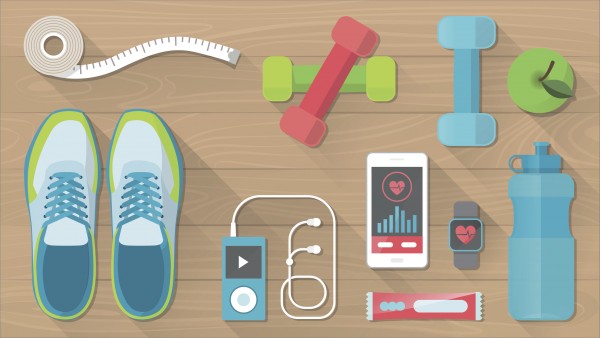Beneficiaries Want More Holistic Health, Wellness Benefit Options
Health plan beneficiaries want more holistic health and wellness benefits and have a higher likelihood to engage in related self-care activities.

Source: Thinkstock
- Health plan beneficiaries are increasing their demand for holistic health and wellness benefits, which can help payers deliver value and improve outcomes, according to a new report from Aetna.
The Health Ambitions Study found that beneficiaries are very likely to value wellness-focused resources and engagement options such as weight management support, financial literacy education, and fitness classes.
Sixty percent of beneficiaries said that with an extra hour in the day, they would participate in physical or mental wellness activities.
“The research finds that people are looking at their health holistically—from physical activity to mental health and stress reduction—and they desire access and flexibility to reach their unique health goals,” the team said.
Beneficiaries are most interested in achieving personal goals related to healthy eating (58 percent), fitness (54 percent), stress reduction (40 percent), and financial management (34 percent), Aetna found. Thirty-six percent of plan members also stated that improving their mental health was a high priority.
Payers may also need to tailor healthcare experiences to the different needs and preferences of men and women, Aetna found, because women had more of a preference for engaging in holistic healthcare than men.
“Women show a heightened interest in holistic health—67 percent say they would devote an extra hour a day on wellbeing activities, compared to 44 percent of men,” Aetna said.
“Additionally, of all consumers with stress reduction goals, 79 percent are women; of those with mental health goals, 72 percent are women.”
Women also valued flexible communication with their providers more than men did.
Eighty-three percent of women said they place high value on providers that help them understand test results, and 81 percent said they value providers that help them understand complex healthcare concepts.
Yet more men than women said that providers were aware of their lifestyle habits, health goals, and supportive relationships in their life.
Aetna believes that care coordinators can help add value to provider engagement and make care networks more useful based on gender preferences.
“Seventy-one percent of women say coordination among all their health care providers is very important to their health, highlighting the importance of new care models that include resources such as care coordinators,” the researchers said.
Members would also find it highly valuable if their providers or related wellness specialists actively engaged in holistic health support, the report added.
Eighty-sixty percent of beneficiaries said that it is important for their primary care provider to be familiar with their mental health, and 84 percent said providers should be aware of their patients’ ability to manage stress.
In addition, 30 percent of beneficiaries said a direct conversation with health and wellness experts would help them achieve their health goals.
The team believes that digital messaging could help increase provider communication and engagement through smart devices and related platforms.
“More than one-third (37 percent) of people say digital messaging through email, text or a patient portal would make them more likely to communicate with their doctors, and 32 percent say virtual office visits would make them more likely to do so,” Aetna said.
Mobile apps and similar tools could also support beneficiaries’ progress towards health goals by managing and tracking their results. Currently, younger health plan members are the most likely to engage through these tools than other age groups.
“Millennials are already [engaging with digital tools], with 40 percent of people ages 18-34 currently using a computer or electronic diary and 30 percent using a wearable tracker to collect information about their personal health,” the team said.
A personalized, holistic outlook on beneficiary care is likely to support the success of payers’ other value-based programs, Aetna concluded.
“Perhaps as a result of this focus on outcomes, 70 percent of physicians in value-based care models always or often recommend that their patients set health goals, compared to 54 percent of physicians not in value-based care models,” Aetna said.
“As value-based care (VBC) and other innovative care delivery models come to the forefront, one thing remains true: We live in a highly personalized, convenience-oriented world, and people expect the same level of customization when seeking solutions to their own health care needs.”
